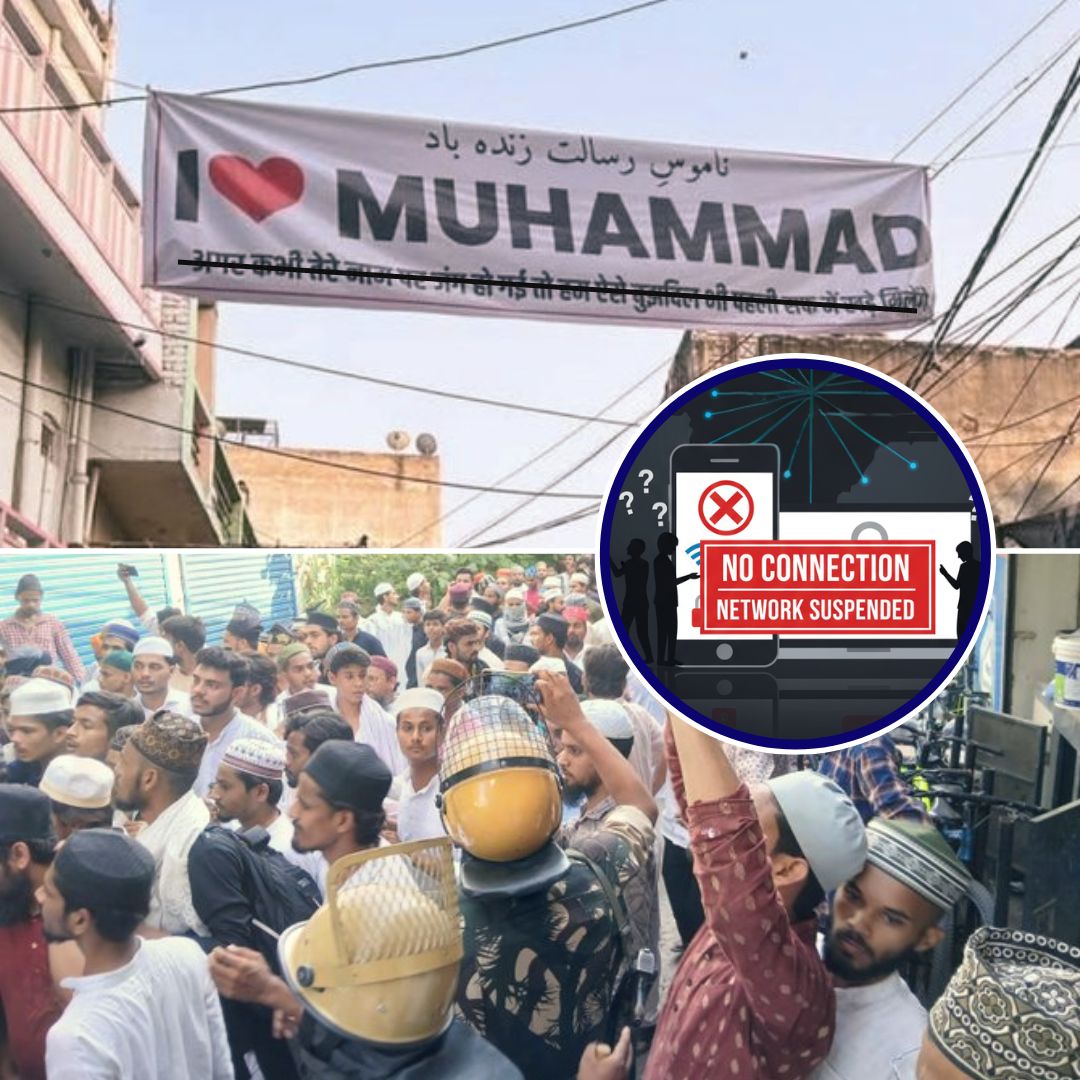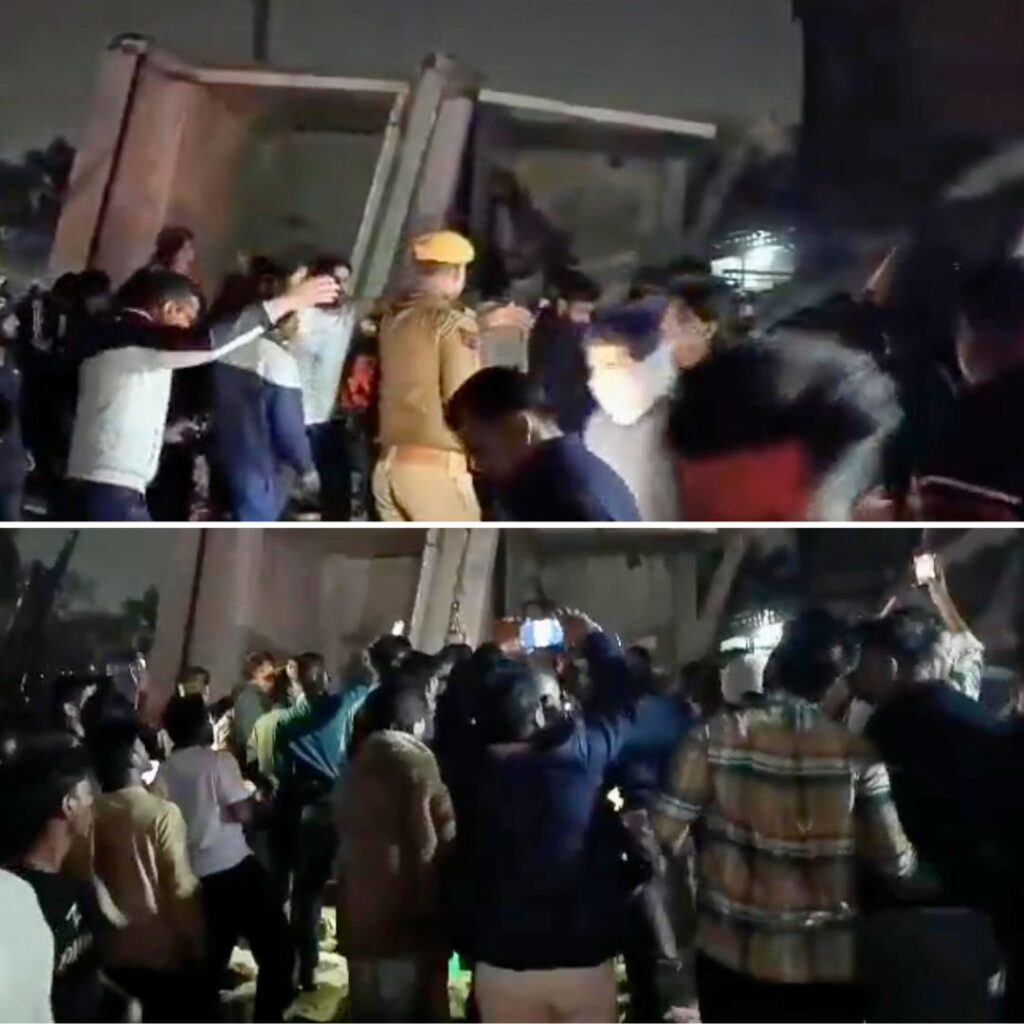Congress leaders Danish Ali and Imran Masood have reportedly been placed under “house arrest” as tensions surge in Bareilly, Uttar Pradesh, in the wake of the ‘I Love Muhammad’ row.
As a strict precaution, internet services, including mobile data, broadband, and SMS, have been suspended for 48 hours from October 2 to October 4 to prevent the spread of rumours and maintain peace ahead of Friday prayers.
Security Measures and Political Allegations
While trying to join protests in Bareilly, both Danish Ali and Imran Masood, key figures in the Congress party, claimed they were confined to their homes by police action. Masood specifically called the move “politically motivated”, describing police presence as an attempt to stifle voices of dissent, while Ali shared videos of security personnel stationed outside his residence.
The authorities, meanwhile, denied enforcing formal house arrests, stating that these preventative actions applied not just to opposition leaders but broadly, and stressed their intention was to stop escalation and maintain calm in sensitive districts. Top police officials also deployed drones and additional forces and emphasised their action was to “maintain peace and prevent rumour-mongering”, especially in the lead-up to Friday’s congregational prayers.
Impact on Daily Life and Community Response
The aftermath of violence in Bareilly has profoundly affected daily life, leaving markets deserted and families anxious. The Old City, especially around Ala Hazrat Dargah and Noumahla Masjid, remains heavily patrolled by police forces, heightening the atmosphere of uncertainty.
Many residents report staying indoors, citing fears of further unrest and trauma caused by the clashes and the sweeping arrests. Local traders have shut their shops, and residents have appealed to authorities to halt demolition drives, worried about displacement and increased tension. While officials insist legal protocols are being followed, the community continues to grapple with divisions and apprehension, underscoring the complex road to restoring confidence and peace.
Background: Communal Unrest and Administrative Response
The immediate backdrop to these developments is the unrest triggered on September 26 in Bareilly, where communal tensions erupted after a poster proclaiming “I Love Muhammad” was interpreted as provocative by some local groups. Mobs clashed, resulting in widespread violence, stone-pelting, vandalism, and injuries to police. To restore order, authorities arrested 81 individuals, including key clerics, and invoked serious charges.
The state administration ordered a complete internet shutdown, mobile data, broadband, and SMS services were suspended for 48 hours from October 2 through October 4. The divisional commissioner called for public cooperation and cautioned against the spread of misinformation, while security details continue to monitor the area using drones and heavy police deployment to safeguard communal harmony.
The Logical Indian’s Perspective: Striking a Balance
Law and order are paramount, particularly when society faces communal strains, but extensive restrictions on movement, communication, and legitimate dissent provoke concerns about the erosion of fundamental rights.
Solutions that foster open dialogue, empathy, and transparency are preferable to sweeping bans and punitive measures. True peace is forged through understanding and responsible engagement, not fear or suppression. Residents, authorities, and political leaders must work together, guided by a commitment to community harmony and mutual respect.













